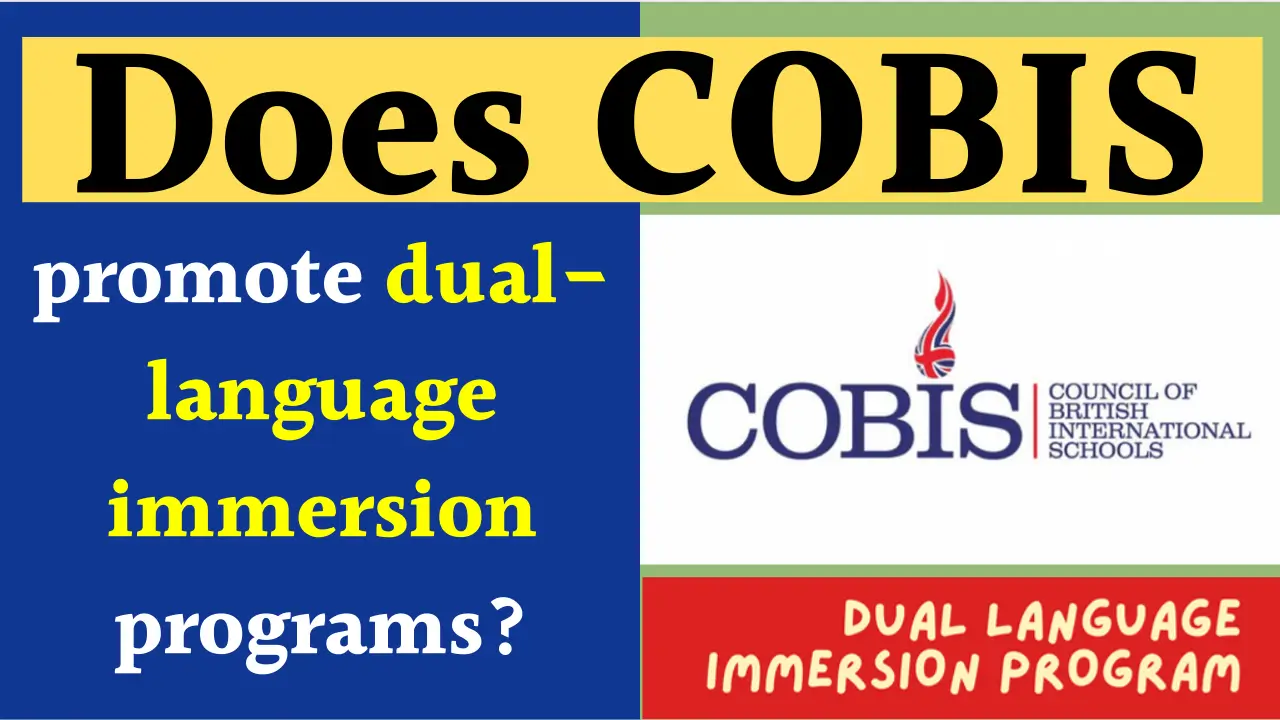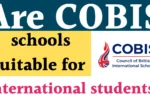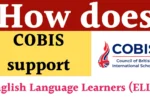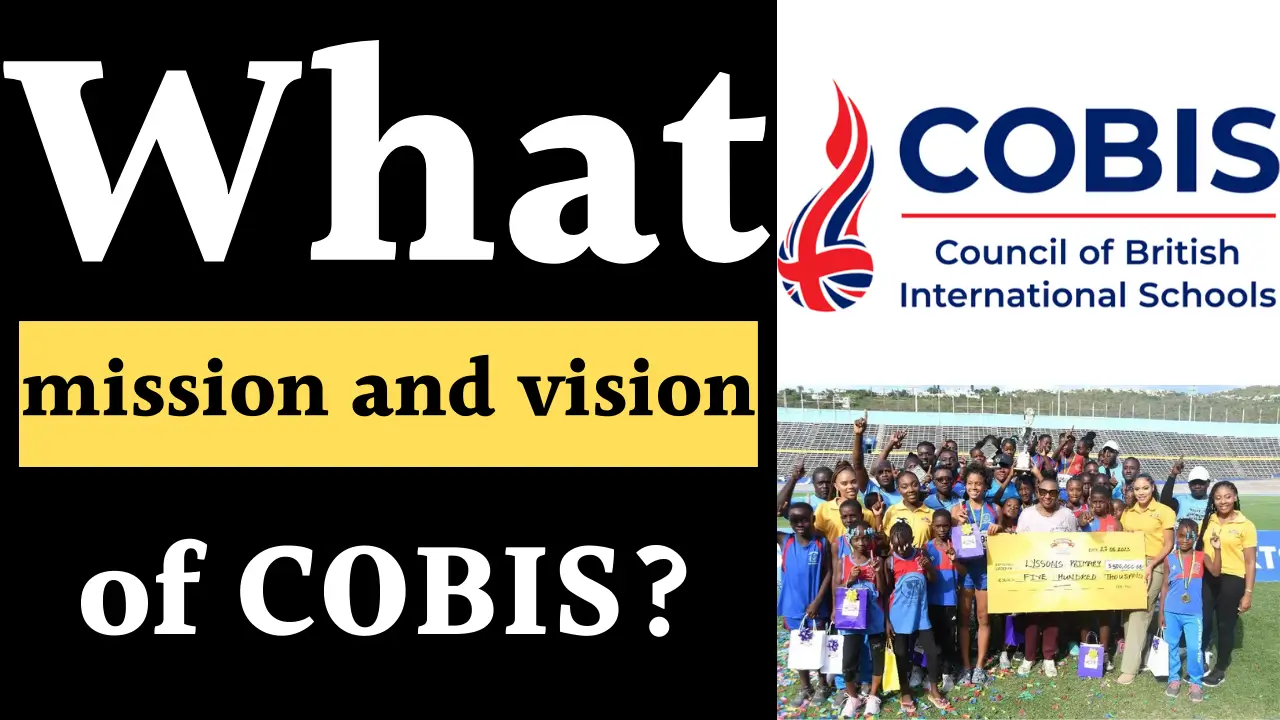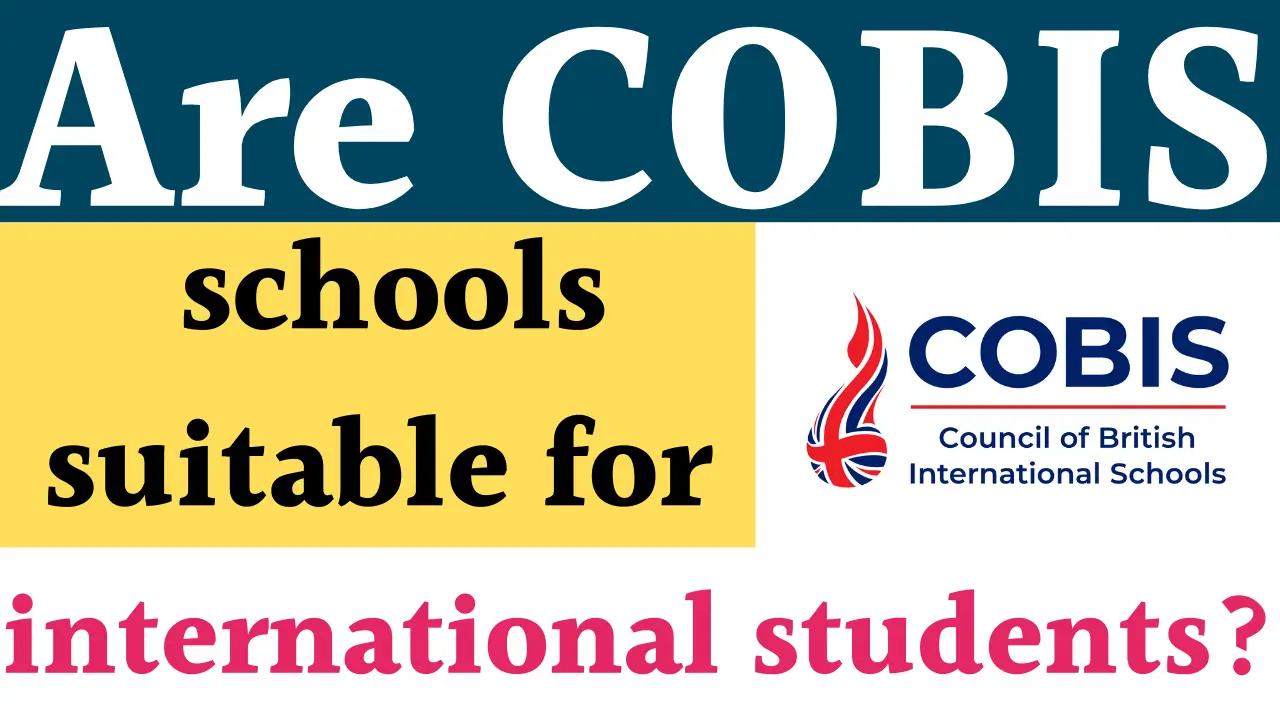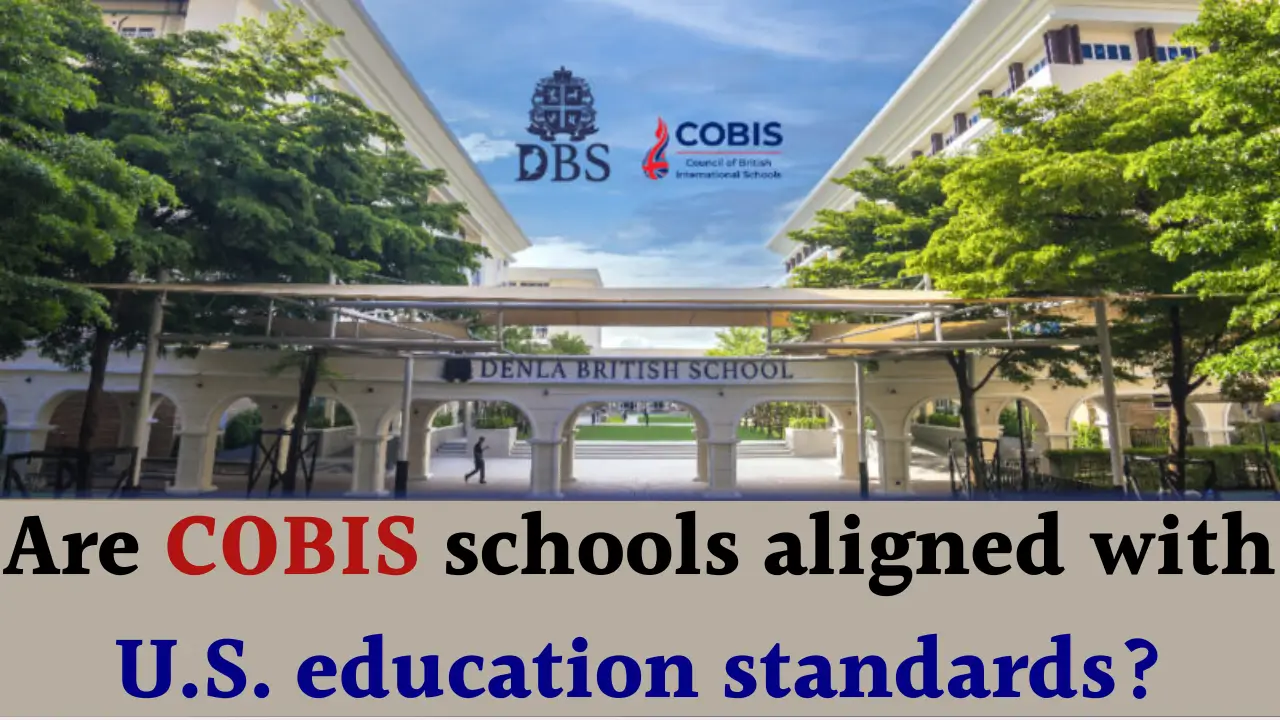The Council of British International Schools (COBIS) supports international schools primarily following the British curriculum to maintain high educational standards globally. While COBIS itself does not directly create or run dual-language immersion (DLI) programs, it actively encourages member schools to adopt diverse language learning approaches, including bilingual education and support for English as an Additional Language (EAL) learners. This article explores COBIS’s stance and support related to dual-language immersion programs, explaining what these programs involve, their benefits, and the latest updates concerning language education within COBIS-member schools.
Understanding Dual-Language Immersion Programs
Dual-language immersion programs provide academic instruction in two languages, typically involving both English and a partner language such as Spanish, Mandarin, Arabic, or French. These programs aim to develop bilingual proficiency, biliteracy, cultural competence, and academic achievement simultaneously for both native English speakers and English learners (ELs).
Common Models of Dual-Language Immersion
| Model | Description | Language Exposure |
|---|---|---|
| 50/50 Dual Language Model | Equal instruction time in English and the partner language with both native English and partner language speakers learning together. | 50% English / 50% Partner Language |
| Full Immersion Model (90/10 or 80/20) | Early grades taught predominantly in the partner language with gradual increase in English instruction over time. Primarily for English speakers. | 90% or 80% Partner Language initially, rising English later |
These models promote bilingualism and biliteracy, providing students with cognitive, social, and future career advantages. Teachers in DLI need to be proficient in both languages to effectively deliver equitable instruction.
COBIS and Language Programs: Promotion of Dual-Language Learning
COBIS’s Language Education Philosophy
COBIS members commit to high-quality education aligned predominantly with the National Curriculum for England or other accredited curricula. Language development plays a vital role, especially for EAL students in international contexts where English is often not the first language. COBIS supports inclusive, diverse, and culturally sensitive education practices, enhancing language learning opportunities within its member schools.
Support for Bilingual and Dual-Language Immersion Programs
- While COBIS does not mandate specific dual-language models, it recognizes the importance of bilingualism and supports schools that adopt dual-language immersion or bilingual programs.
- COBIS member schools often offer EAL support and language acquisition programs aimed at enhancing students’ proficiency in English and other languages.
- Professional learning opportunities offered by COBIS include training that can encompass dual-language teaching methodologies and culturally responsive pedagogy.
- COBIS encourages its members to promote diversity, equity, and inclusion, which aligns with the goals of dual-language immersion programs to foster language equity and cultural competence.
- Schools affiliated with COBIS may partner with organizations for expertise in dual-language education to ensure effective program implementation.
Benefits Highlighted by COBIS-Associated Schools
- Improved cognitive flexibility and academic performance for bilingual students.
- Better social integration for international students through language support.
- Preparation for global career opportunities requiring multilingual skills.
- Enhanced cultural awareness and communication abilities.
Latest Updates in COBIS Language Education (2025)
- COBIS continues to expand its portfolio of professional learning, offering courses and conferences addressing language learning strategies, including immersion and bilingual education techniques.
- COBIS Training Schools located globally are models of innovative approaches, often integrating bilingual or dual-language curricula where local demand exists.
- The COBIS network facilitates knowledge exchange, allowing schools engaged in dual-language immersion programs to share best practices and resources.
- Recent COBIS initiatives emphasize student wellbeing and social-emotional support in tandem with language acquisition, recognizing the holistic needs of bilingual learners.
- COBIS events and competitions frequently include language arts and literacy components that encourage students to apply their bilingual skills practically.
Table: Summary of COBIS Position on Dual-Language Immersion Programs
| Aspect | COBIS Position and Activity |
|---|---|
| Direct Promotion | Indirect; supports language diversity and bilingual education |
| Member School Participation | Many schools implement or support dual-language programs |
| EAL Support | Strong emphasis on EAL student success and language acquisition |
| Professional Development | Offers training relevant to bilingual and dual-language teaching |
| Policy and Ethical Conduct | Promotes inclusivity, equity, and cultural respect in education |
Key Points on COBIS and Dual-Language Immersion
- COBIS values linguistic and cultural diversity as central to international education.
- Dual-language immersion is supported as part of broader language learning and equity initiatives.
- Member schools may independently choose to implement DLI programs based on local demographics and student needs.
- COBIS provides a supportive framework through professional learning and policy guidance to enhance language education quality.
- Integration of dual-language programs aligns with COBIS’s commitment to preparing students for global citizenship.
Conclusion
In summary, COBIS promotes and supports the principles underlying dual-language immersion programs through its commitment to language development, inclusion, and international-mindedness in member schools. Although it does not directly run dual-language immersion programs, COBIS fosters an environment where schools can adopt and develop such programs successfully with professional support and shared best practices. This approach helps prepare students for the demands of a multilingual, multicultural world, equipping them with critical bilingual and bicultural skills for their future academic and professional lives.

